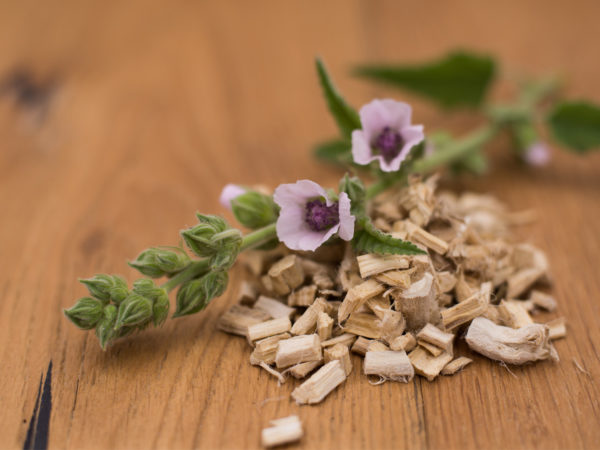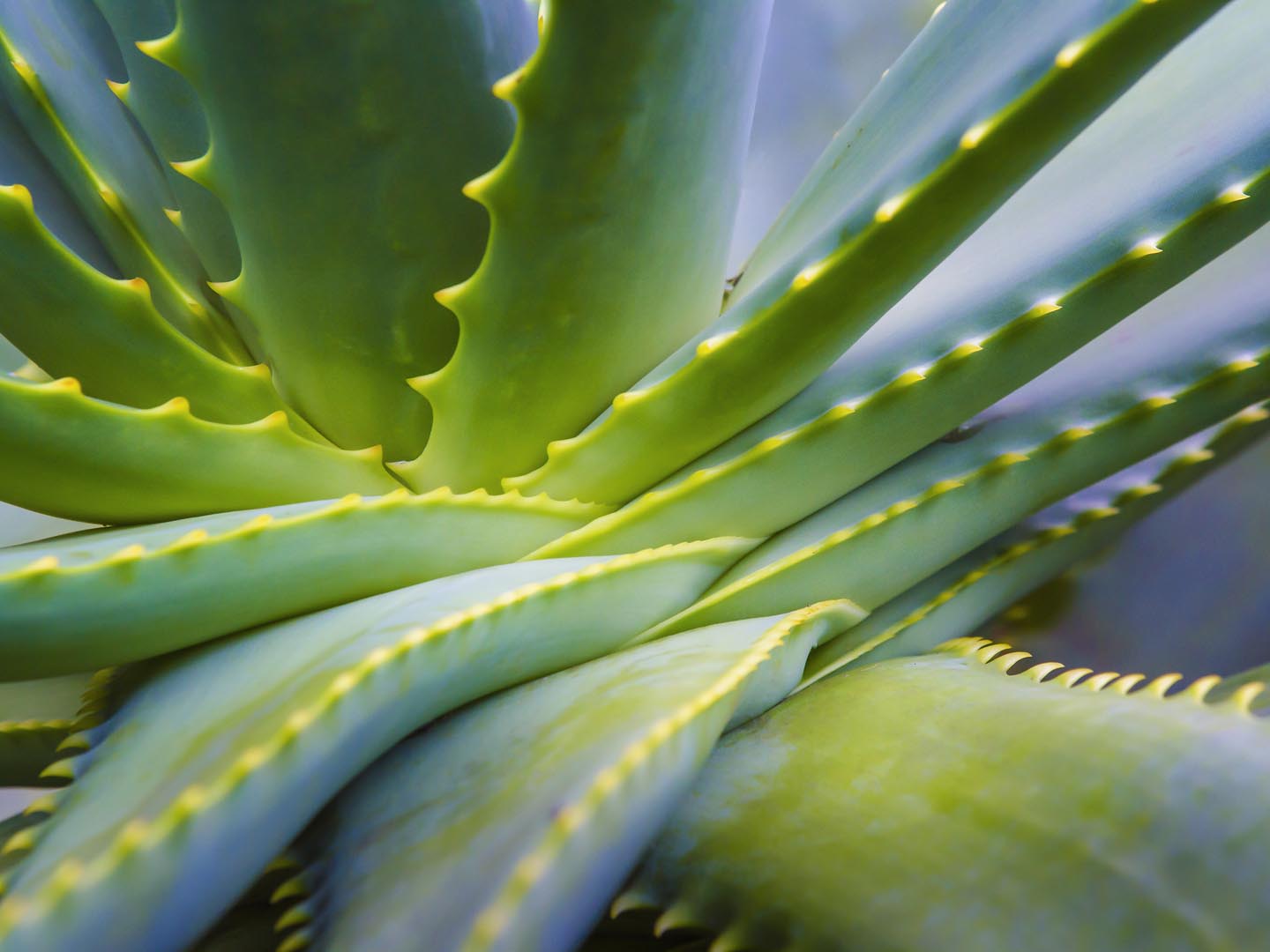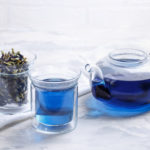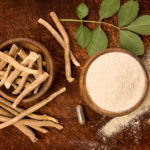Marshmallow Root Benefits?
Can you tell me about using marshmallow root? I see it promoted online as a treatment for many different conditions.
Andrew Weil, M.D. | April 6, 2018

Marshmallow (Althea officinalis) is a water-loving herb with a long history of use in treating a wide variety of health problems. The candied root is the natural inspiration for the familiar gooey-white confections we know as “marshmallows.” Leaves of the plant have been used traditionally to make poultices for skin inflammation and wounds, insect bites, burns, infections, and ulcers. A gummy substance (mucilage) found in both the leaves and roots, turns into a gel when mixed with water; it has been used to coat the throat to relieve irritation and dry cough and to treat asthma, bronchitis, stomach ulcers and inflammation, constipation, and urinary problems.
Unfortunately, few scientific studies have investigated marshmallow root to determine how effective and reliable it is for any single health problem or how well its use compares with other approaches. Some research suggests that taking marshmallow root by mouth for 4 weeks can help relieve coughs caused by ACE inhibitors, drugs used to treat high blood pressure. Relief of coughs and other cold symptoms is one of the most frequently promoted uses for marshmallow root products, but to my knowledge only one small study supports this.
As for skin conditions, one investigation suggests that a combination of marshmallow and hollyhock extracts can help treat infections caused by Leishmania, parasites spread by sand flies, mostly in the tropics and subtropics. A laboratory study published in 2016 supports the use of marshmallow root preparations to treat sunburned skin.
You can buy marshmallow root tea, as well as dried, peeled or unpeeled root, or get it in tinctures, capsules, ointments, creams, and cough syrups. Follow the dosing directions on package labels. Marshmallow root is considered safe for most people, although if you have diabetes check with your doctor before using it – some research suggests it can lower blood sugar. Another precaution: If you take any type of medication by mouth, the mucilage in marshmallow root can decrease the amount of the drug your body absorbs. For this reason, it is best to wait an hour or more after taking medication to consume marshmallow.
Andrew Weil, M.D.
Sources:
S. Büechi et al, “Open “Trial to Assess Aspects of Safety and Efficacy of a Combined Herbal Cough Syrup with Ivy and Thyme.” Complementary Medicine Research, December 22, 2005, doi.org/10.1159/000088934
Alison Curnow and Sara J. Owen, “An Evaluation of Root Phytochemicals Derived from Althea officinalis (Marshmallow) and Astragalus membranaceus as Potential Natural Components of UV Protecting Dermatological Formulations.” Oxidative Medicine and Cellular Longevity, February 3, 2016, doi:10.1155/2016/7053897













